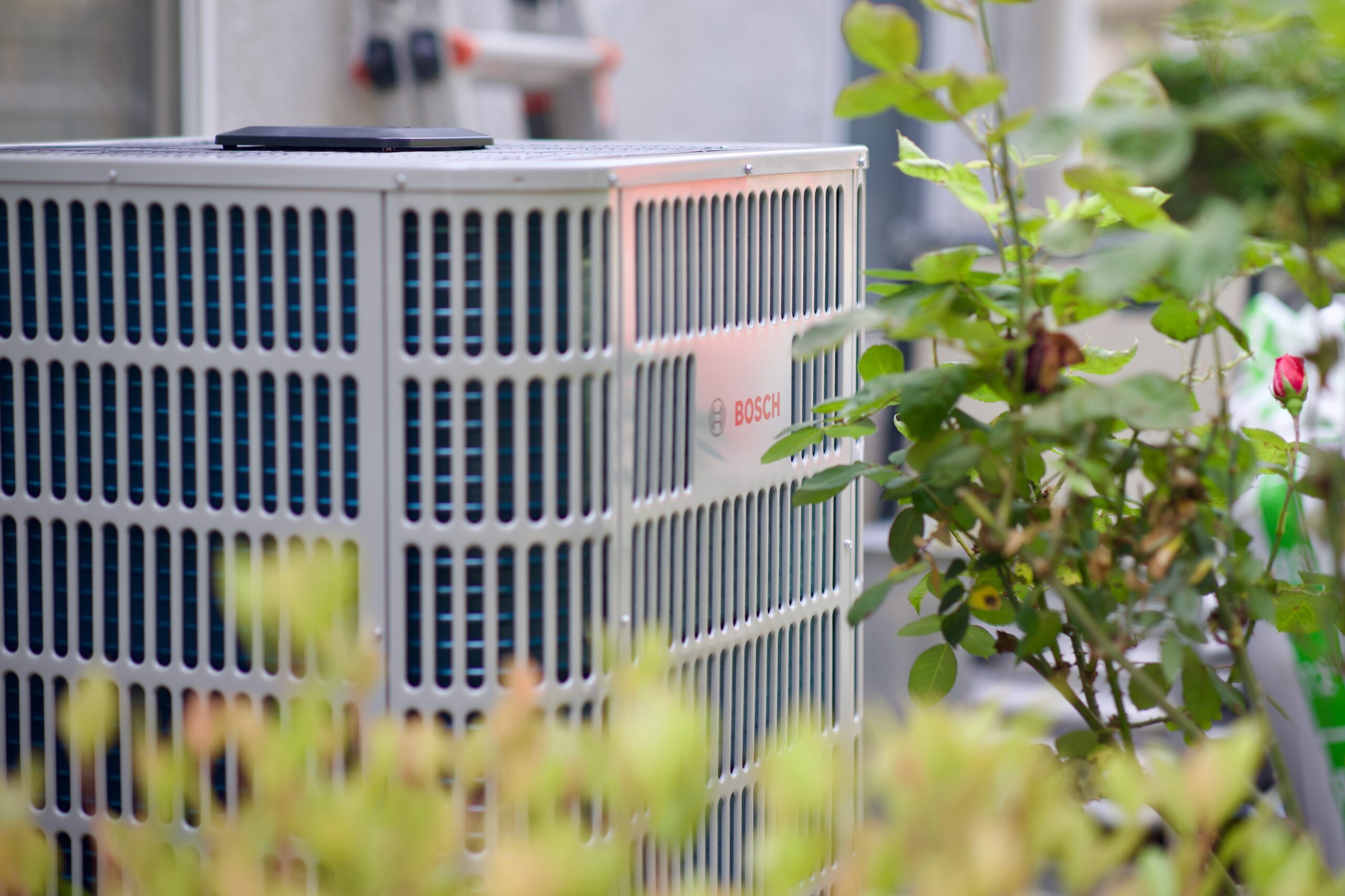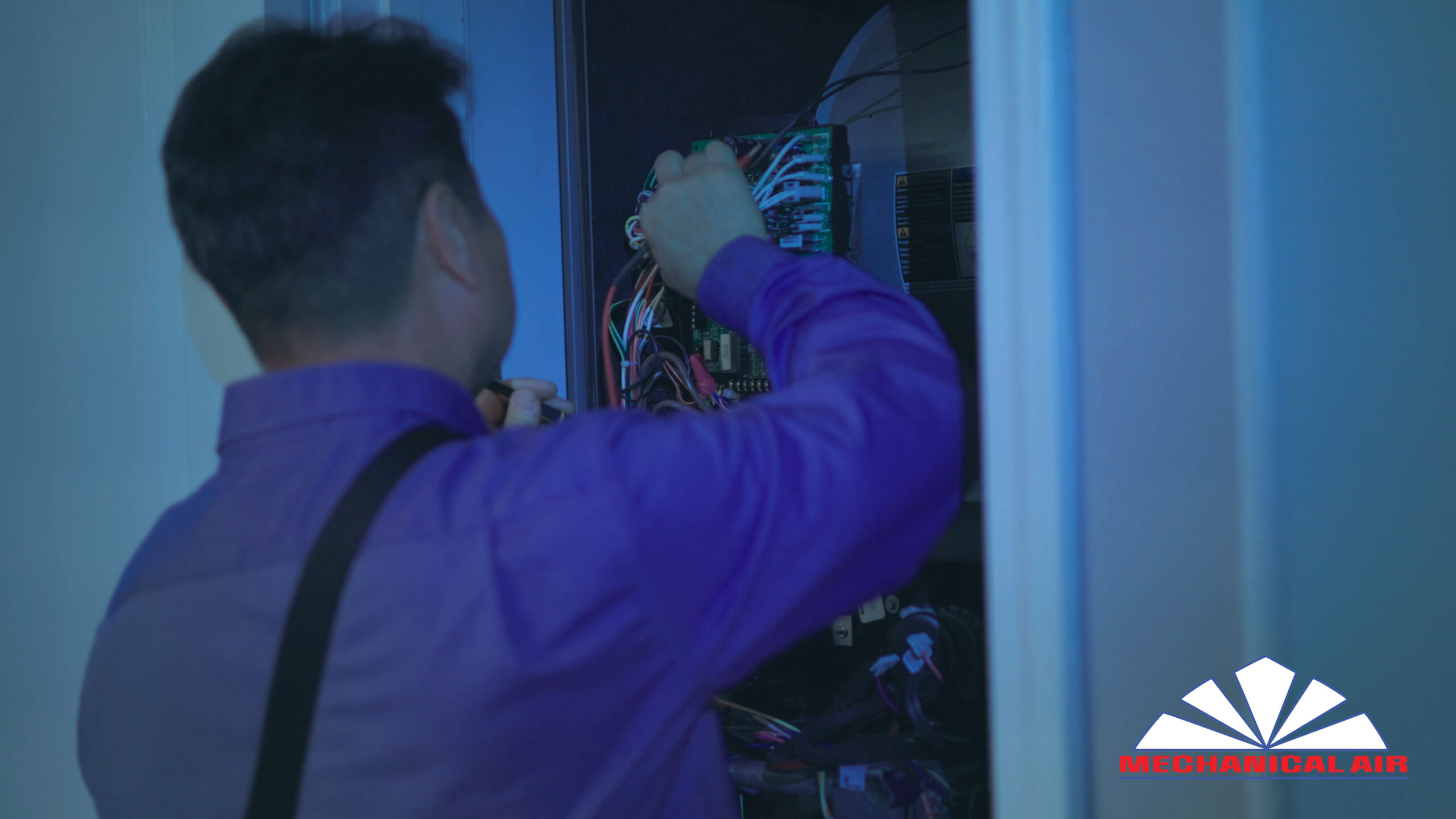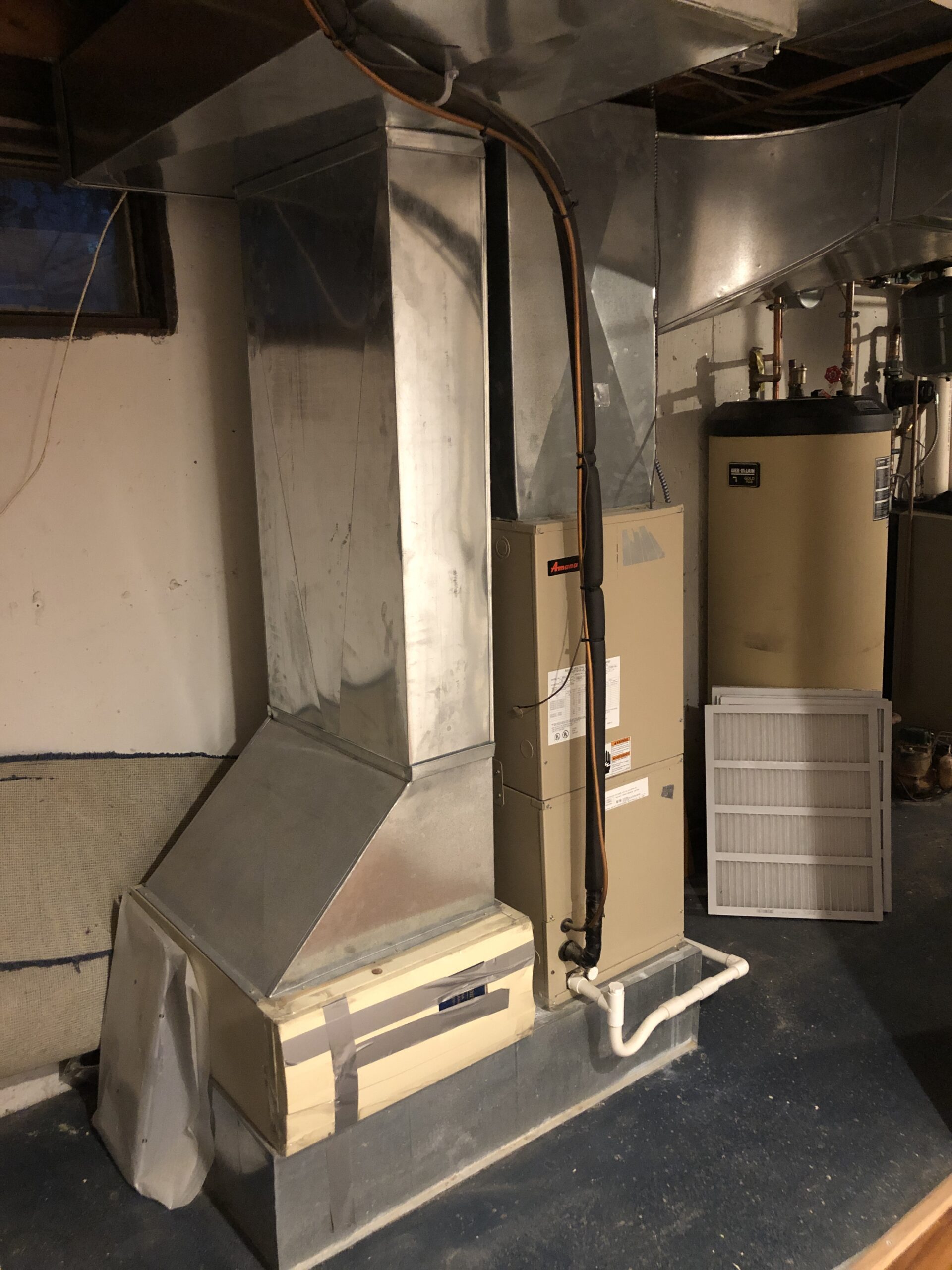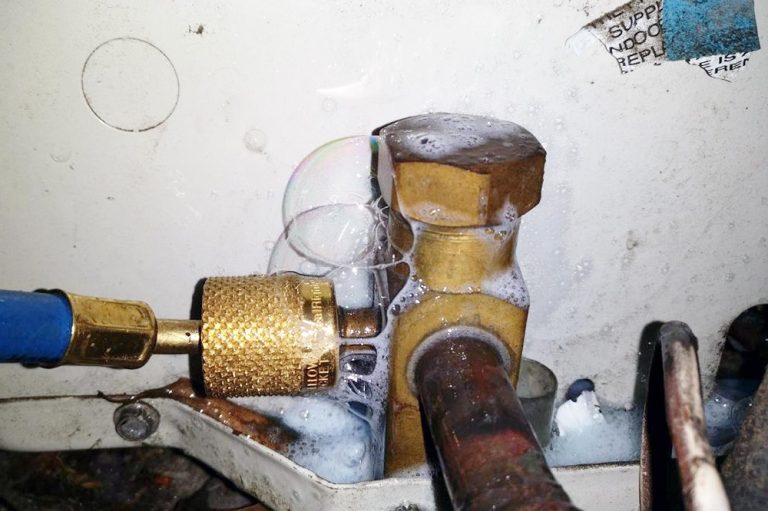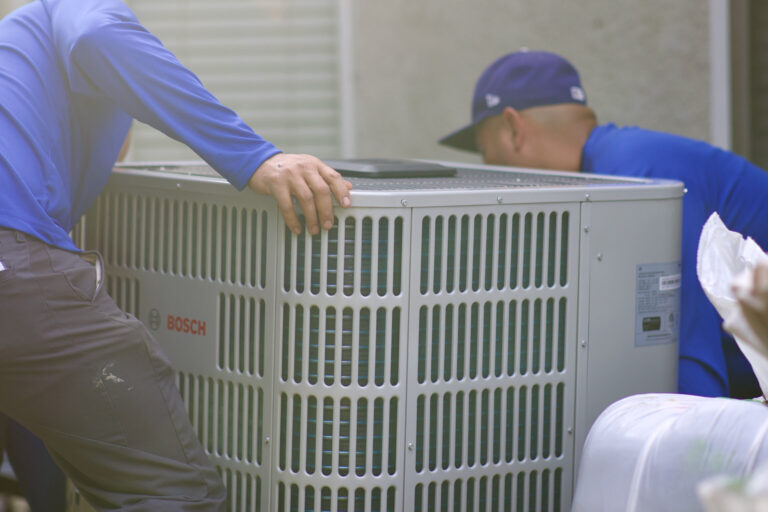Choosing the right HVAC size air conditioner is essential to ensure comfort, energy efficiency, and optimal performance in your home. An undersized unit will struggle to cool your space, while an oversized unit can lead to high energy bills and frequent cycling on and off, which reduces its lifespan. Here’s a step-by-step guide on how to calculate the correct size air conditioner for your home.
1. Determine the Square Footage of the Area to Be Cooled
Start by calculating the square footage of the area you want to cool. Measure each room individually and sum the total square footage if you have multiple rooms. For rectangular or square rooms, multiply the length by the width. For more complex shapes, divide the room into smaller sections, calculate each area, and add them together.
2. Estimate the Required BTUs (British Thermal Units)
The cooling capacity of air conditioners is measured in BTUs. As a general rule, you need about 20 BTUs per square foot of living space. Here’s a simple formula to estimate:
Required BTUs = Total Square Footage × 20
For example, if the total area to be cooled is 500 square feet:
Required BTUs = 500 × 20 = 10,000 BTUs
3. Adjust for Room Characteristics
Several factors can affect your cooling requirements:
- Ceiling Height: Increase the BTU capacity by about 10% for every foot above the standard 8 feet.
- Sun Exposure: Rooms with large windows or direct sunlight may require 10-20% more BTUs.
- Insulation Quality: Poorly insulated homes may need more BTUs, while well-insulated homes might need fewer.
- Occupancy: Add 600 BTUs for each additional person regularly occupying the space beyond the first two.
- Heat-Generating Appliances: For rooms with kitchen appliances or electronics, add around 4,000 BTUs to the estimate.
4. Consider Climate and Location
The climate of your location also affects the cooling needs. Warmer climates usually require a higher BTU rating, while cooler climates may need less. Consulting with a local HVAC professional can provide valuable insight tailored to your specific climate conditions.
5. Consult with an HVAC Professional
While these calculations are a good starting point, factors like home layout, window types, and specific preferences can impact the ideal air conditioner size. An HVAC professional from Mechanical Air can help you determine the best solution for your home and ensure maximum efficiency and comfort.
Get Expert Help from Mechanical Air!
Calculating the right HVAC size air conditioner for your home is crucial for maintaining comfort and efficiency. If you need help selecting the right unit or want a professional assessment, contact Mechanical Air at 559-288-6157. Our experienced team is here to guide you through the process and provide top-quality installation to keep your home cool and comfortable all year round.
Follow us on Facebook to find amazing offers!
Read our reviews here!

